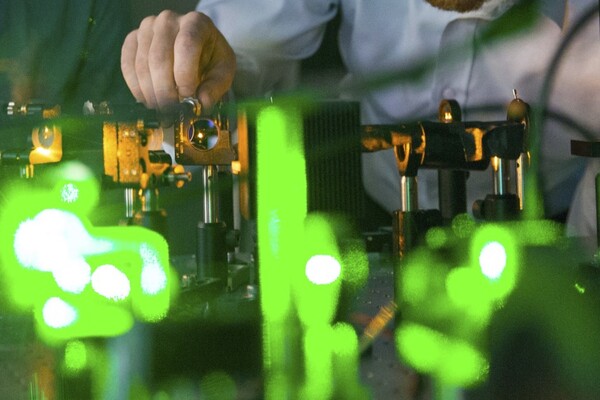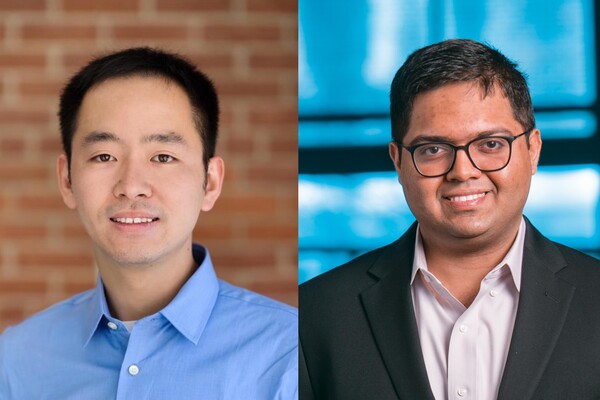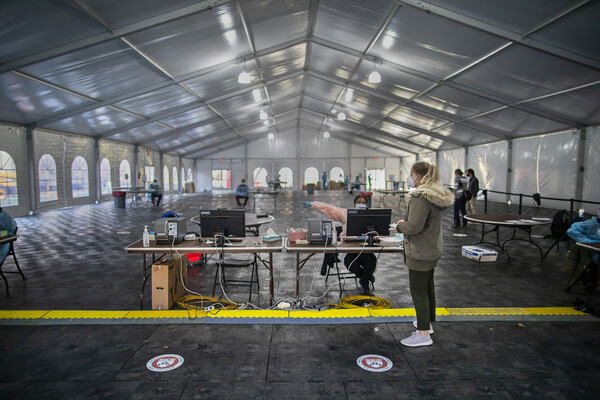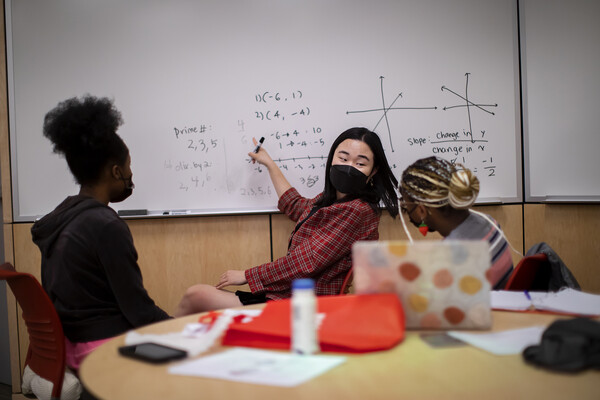
(Homepage image) A protestant church designed by Tung Chuin in 1928 and awarded the Beaux Arts Institute of Design 1st place medal. This rendering and the works of more than 20 architecture student alumni from China are currently on display as part of the “Building in China” exhibition. (Image: Ming Tong)








